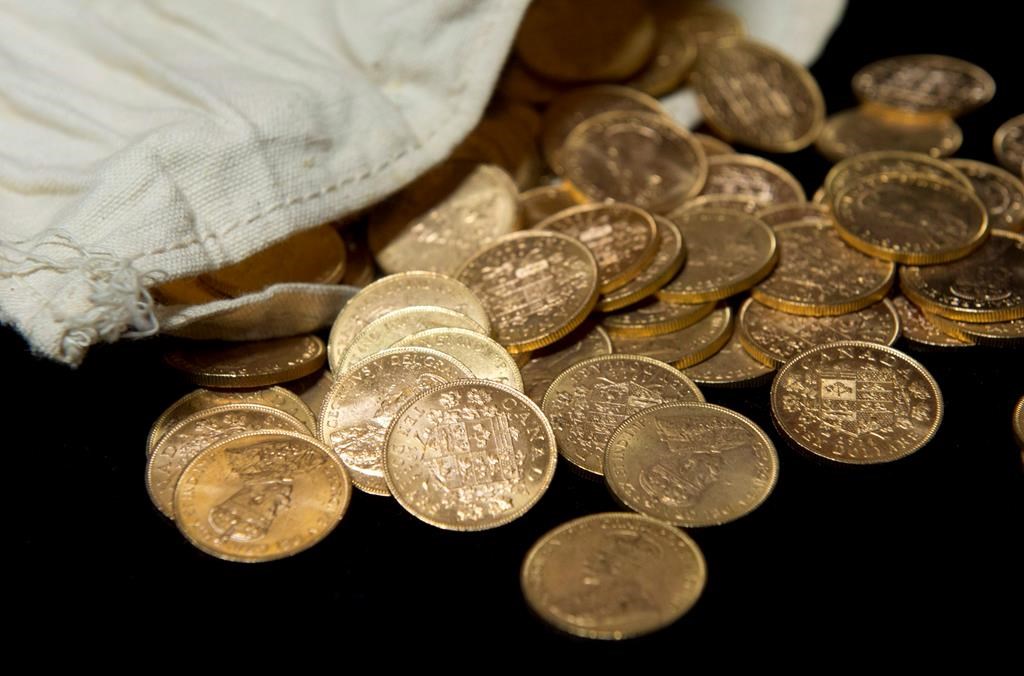Despite negative impacts of the COVID-19 pandemic on production and costs, rising prices for gold are expected to buoy results as Canada’s precious metals miners begin rolling out second-quarter financial results next week.

In the three months ended June 30, the average gold price was US$1,713 per ounce, up eight per cent over the first quarter, said RBC Capital Markets in a report this week.
“Q2 may not be that bad after all,” said the report. “Quarter over quarter, we forecast that North American gold and silver producers will report a seven per cent improvement in total earnings and a doubling of free cash flow.”
The bank’s analysts say they expect mine suspensions and lower productivity due to measures to control the pandemic will result in 11 per cent lower gold and silver production and a four per cent rise in overall costs, but higher gold prices will largely offset those impacts.
In a preliminary report earlier this week, Barrick Gold Corp. said second-quarter gold production fell eight per cent mainly due to COVID-19 related disruptions at its Veladero mine in Argentina.

Get breaking National news
Temporary mine closures, production losses, care and maintenance expenses and costs for new health and safety protocols will weigh heavily on second-quarter results for miners, said Moody’s Investor Service in a recent report.
“However, the vast majority of the operations previously placed on care and maintenance are ramping up and production levels are expected to normalize in the second half,” it said.
“As restrictions are lifted and operations normalize, we expect gold miners to benefit from a sharp fall in prices of oil, energy and materials, foreign currency depreciation, as well as high gold prices.”
Moody’s said low energy prices could cut three to five per cent from operating costs, pointing out energy makes up 15 to 20 per cent of such costs at a typical gold mine.
Both gold and silver beat price expectations for the second quarter and both are poised to continue to rise, said analysts with Haywood Securities in a second-quarter preview report.
“We maintain our view that gold is now in the early days of a new bull market and would not be surprised to see gold push through the old 2011 high of US$1,923 per ounce this year,” it said.
“Gold could go much higher, but valuations continue to be modest, with many stocks trading at mulitiples which are discounting gold prices well below spot prices.”
Haywood is forecasting gold will average US$1,800 per ounce in the second half of 2020, while silver will rise to US$18 per ounce from its second-quarter average of $16.38.
Gold’s rise in the second quarter wasn’t matched by other metals, as silver fell three per cent, copper slipped five per cent, lead was down eight per cent and zinc off seven per cent, RBC reported.
The analysts said they will be watching company results closely for indications of future planning as official guidance was suspended for about half of the North American mining companies RBC covers because of the pandemic.
- Calgary family uses billboard in plea to find a kidney donor
- Tumbler Ridge school shooting victim set to hopefully return home soon from Vancouver hospital
- Alberta government announces purchase of new waterbombers to fight wildfires
- Canadian immigration officers investigating hundreds identified by extortion task force








Comments
Want to discuss? Please read our Commenting Policy first.